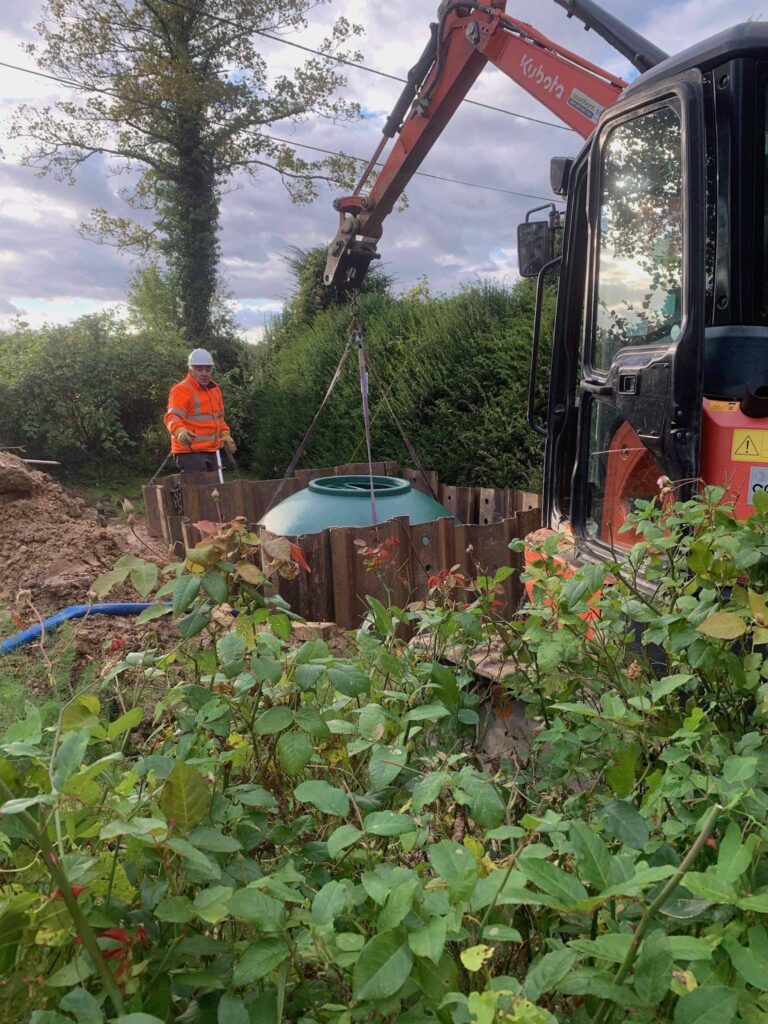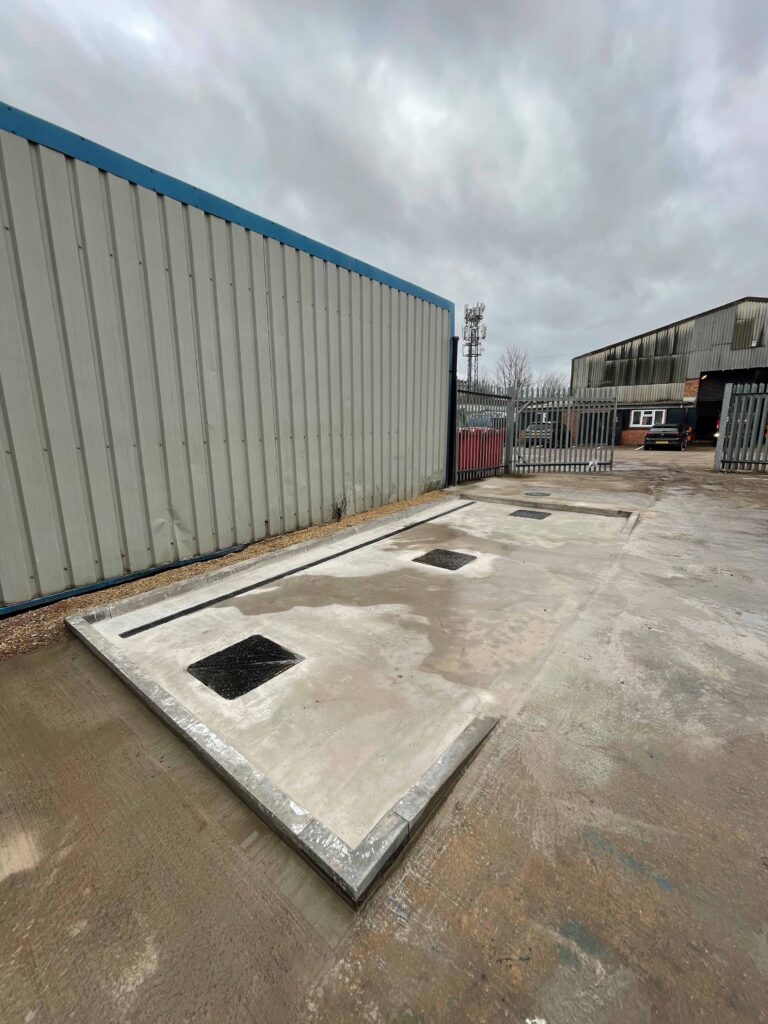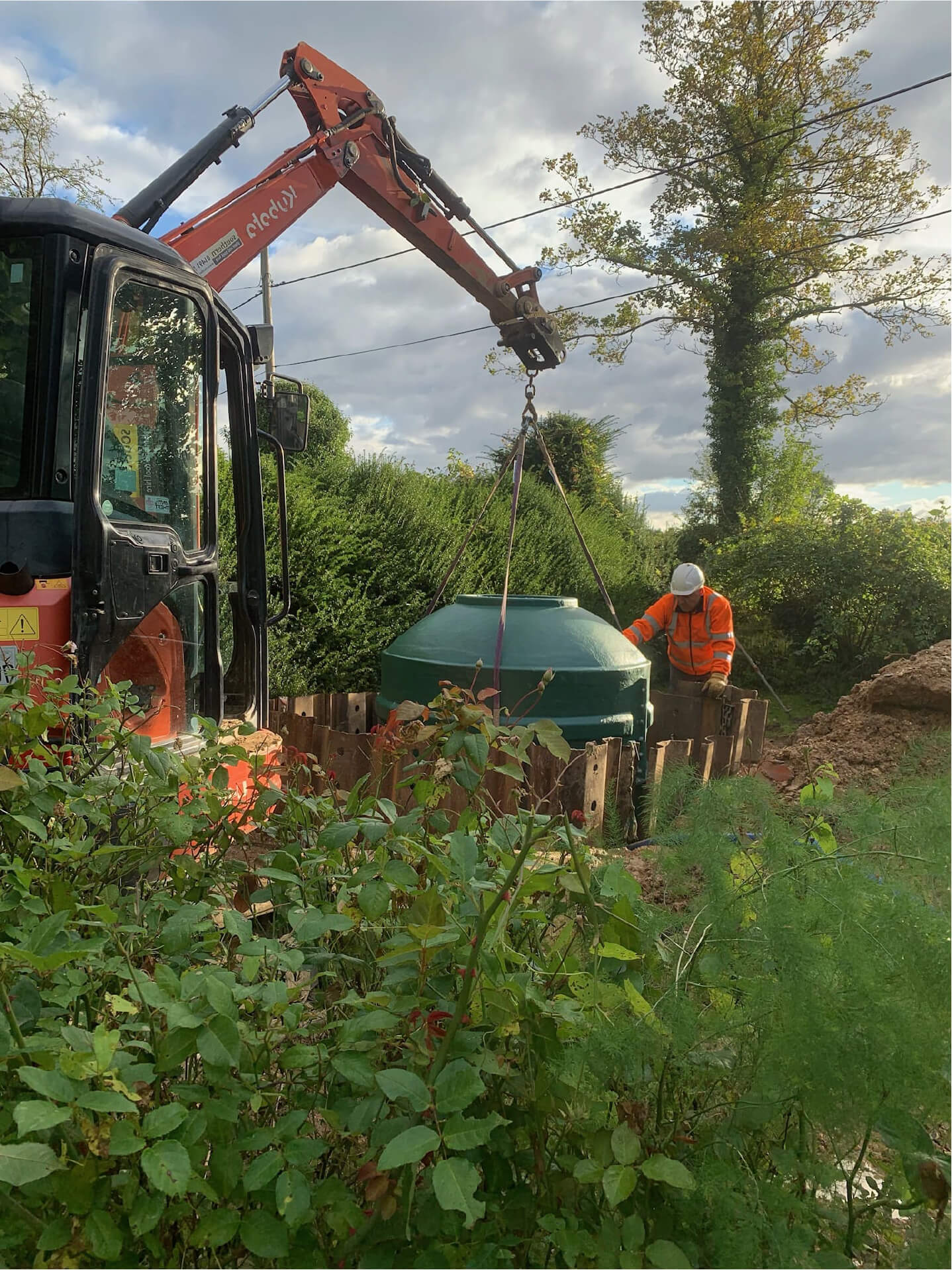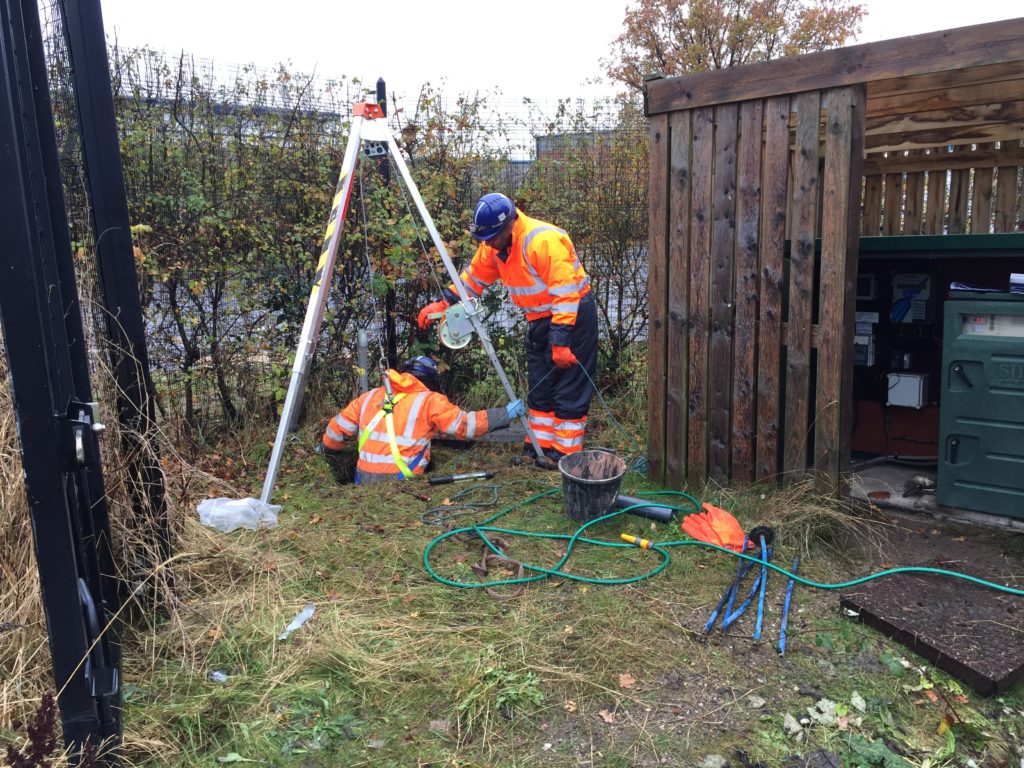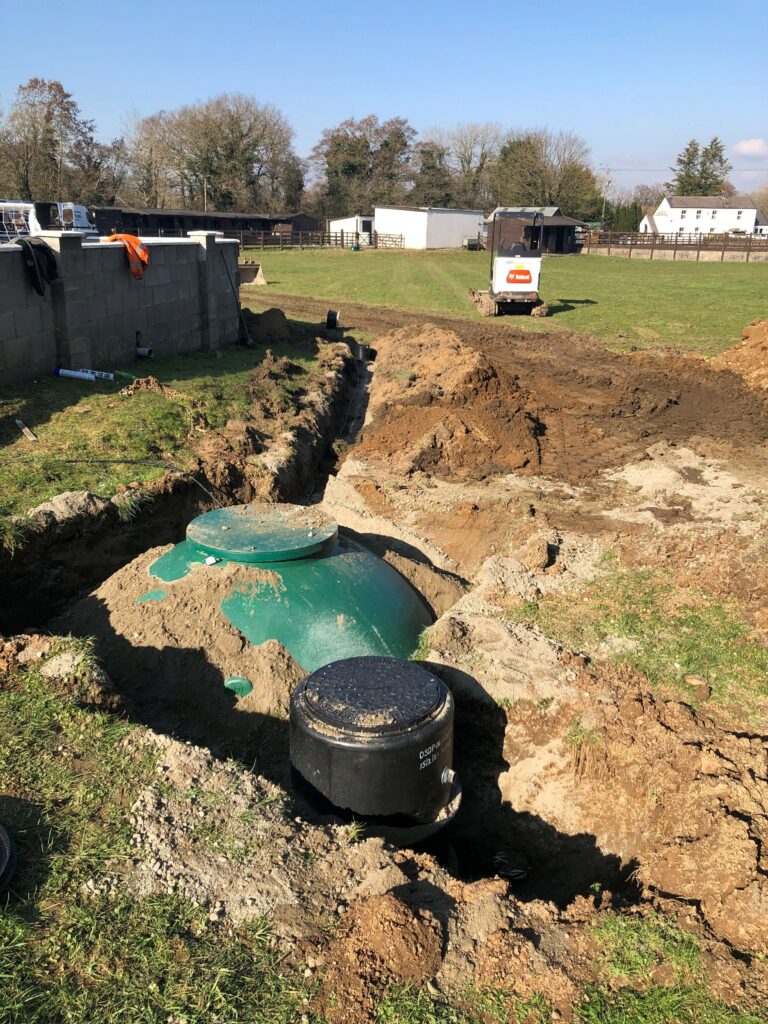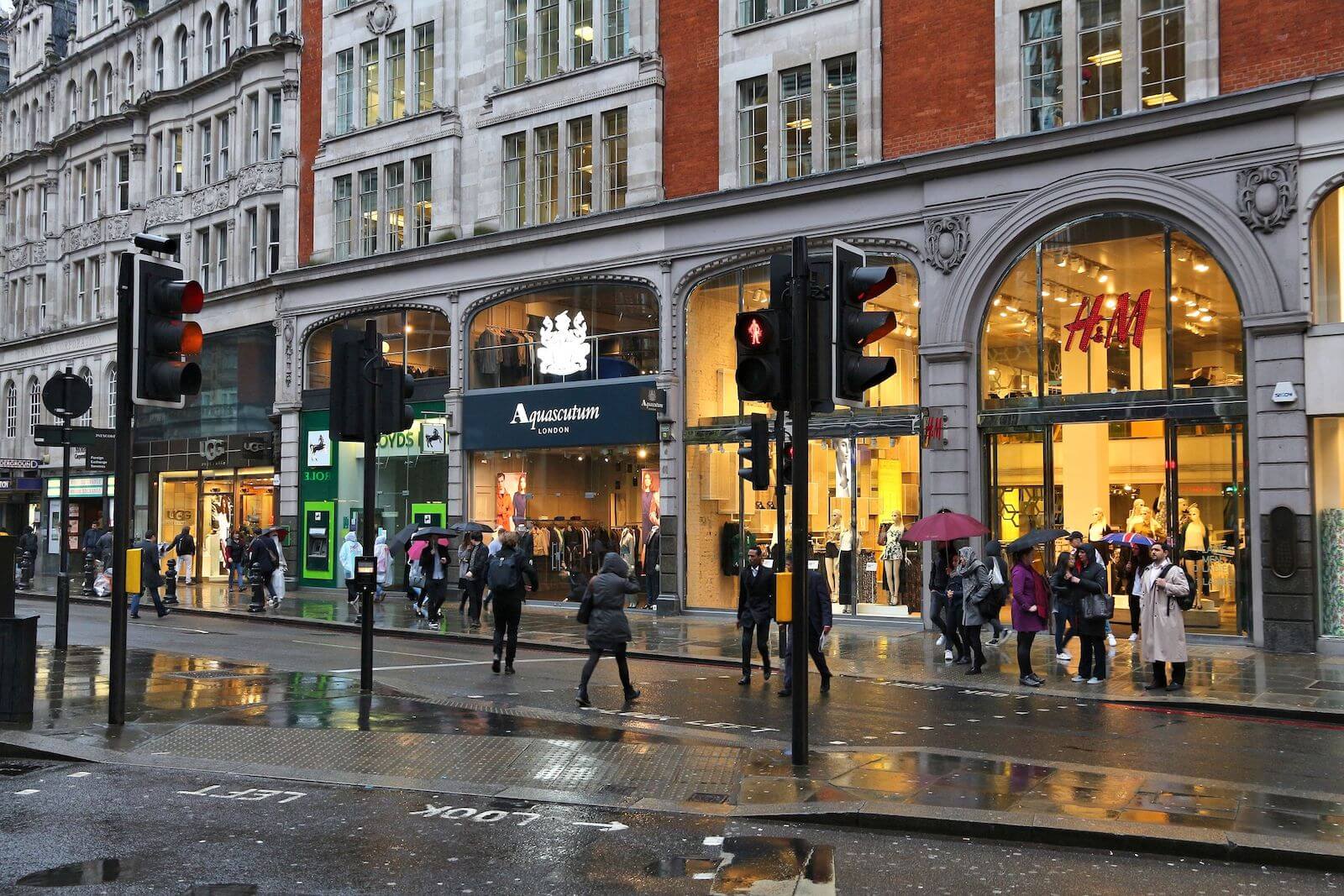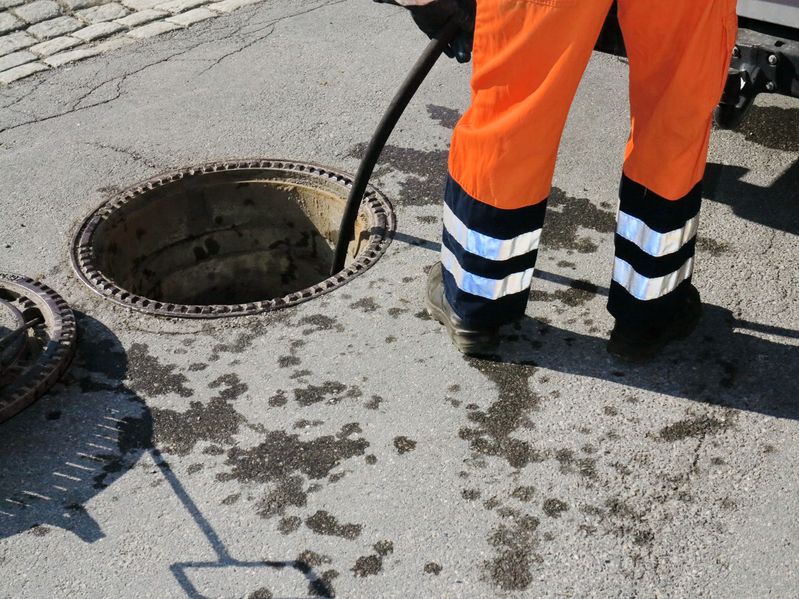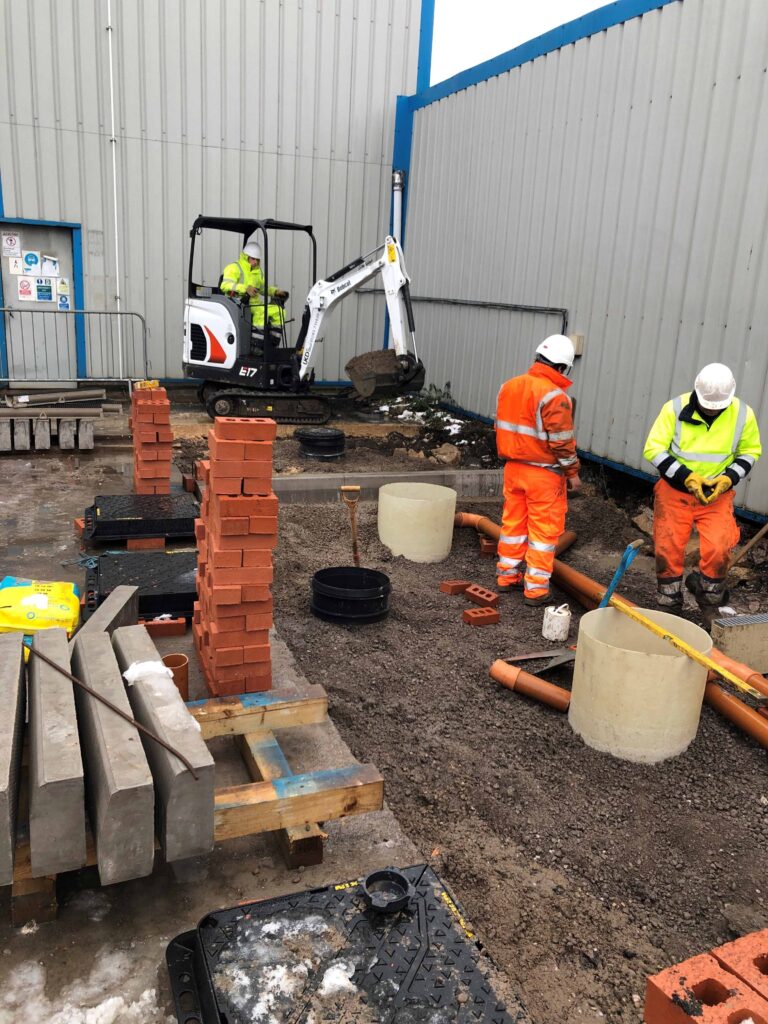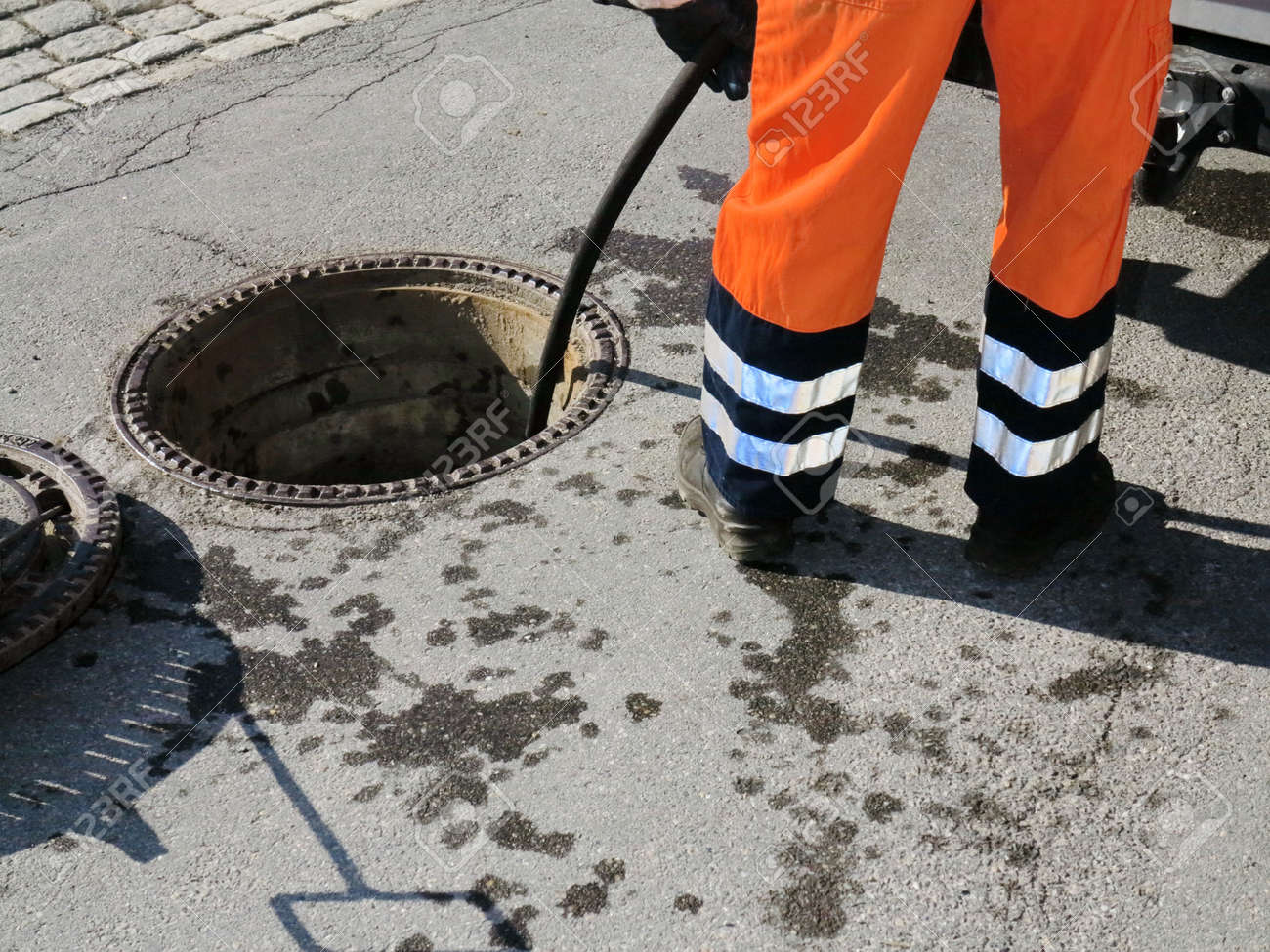Pollution prevention guidelines
Treatment and disposal of sewage where no foul sewer is available: PPG4
These guidelines are jointly produced by the Environment Agency for England and Wales, the Scottish Environment Protection Agency, and the Environment and Heritage Service for Northern Ireland (referred to here as ‘we’ or ‘us’). You should consider all sites individually and we advise you to consult one of our local offices as early as possible. You can find contact details at the end of these guidelines.
Following the good practice described does not remove your obligation to comply with relevant legislation and to prevent pollution from your site. Pollution of the environment is a criminal offence and compliance with one or more Guidance Note is not a defence to such offences. It is recommended that you check the references to other sources of guidance to ensure they are still current.
In this document sewage is defined as the water borne wastes of a community or household. The Construction Products Regulations 1991 dictate the essential requirements that a sewage treatment system must fulfil to be legally supplied in the UK. Where we use the word ‘must’ in this guidance, compliance with that particular part of the guidance is a legal requirement under these regulations. The Trading Standards Authorities enforce these regulations.
1. Introduction
Choosing the right sewage treatment and disposal method for your site is essential to ensure value for money, effective long-term performance, protection of public health and the environment, and compliance with relevant legislation.
This guidance will help you choose the correct option for your circumstances by telling you about; ¨ the sewage treatment and disposal methods available. ¨ the maintenance requirements of the system you choose. ¨ the basic legal requirements.
Sewage treatment and disposal can be provided by a sewer provider (that is the public ‘foul’ sewer) or by a private sewage treatment system. Developments proposing the use of private sewage treatment systems are usually only acceptable where connection to the public sewer is not possible. Although if a treatment system is proposed that offers a more sustainable solution to the overall water management of the site, that might be acceptable.
2. Sewage treatment and disposal – Selecting the best option
Use the flowchart and questions below to help you choose the best system for your site. When you have selected an option you should continue to read the relevant section in this guidance. You should always seek expert advice before making your final decision. (See reference 2 for more information on selecting the best option)
Septic tanks and small sewage treatment plants
The requirement to register small domestic sewage discharges from septic tanks and small sewage treatment plants, has changed in England.
The requirement to register was a result of regulations made in 2010 by the Department for Environment, Food and Rural Affairs (Defra) and the Welsh Government, as part of the implementation of the European Union Water Framework Directive. Registration was considered to provide the lightest touch approach to meet legal obligations.
However, we are now undertaking a joint review with Government on the requirement to register small domestic sewage discharges in England, details of which will be announced in the next few weeks.
While the review is underway, we will not require the registration of small domestic sewage discharges, including septic tanks, in England – although householders can still register if they wish. If you would still like to register a small domestic sewage discharge please visit these pages.
Registering your septic tank and small sewage treatment plant discharges in England
Registering your septic tank and small sewage treatment plant discharges in Wales
